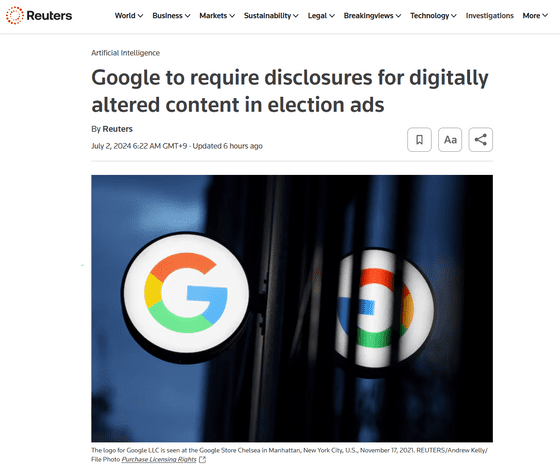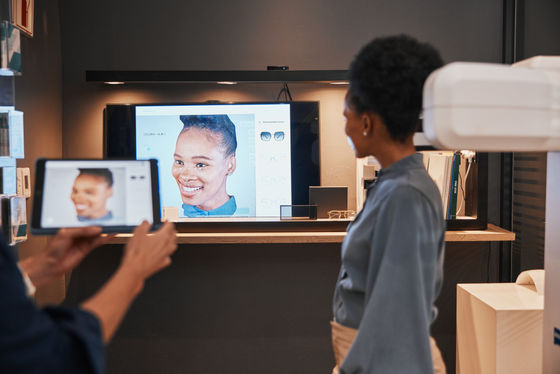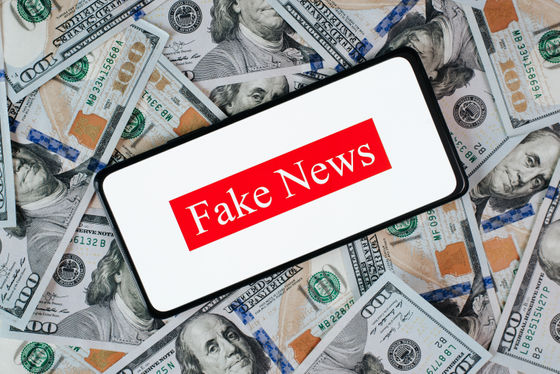Google could change ad policy to require disclosure of authentic-looking digital election ads

On July 1, 2024, Google updated
Policy updates to synthetic content disclosure requirements (July 2024) - Google Advertising Policies Help
https://support.google.com/adspolicy/answer/15142358
Political content - Google Advertising Policies Help
https://support.google.com/adspolicy/answer/6014595
Google to require disclosures for digitally altered content in election ads | Reuters
https://www.reuters.com/technology/google-require-disclosures-digitally-altered-content-election-ads-2024-07-01/

With this update, Google defines 'synthetic content' as any artificial depiction of real-looking people or events and requires election ads that contain synthetic content to clearly disclose that they are synthetic. This applies to images, video, and audio content.
Examples of synthetic content include, but are not limited to, content that appears to make people say or do things they did not say, altered footage of actual events, or generated realistic depictions to depict situations that did not actually occur.
On the other hand, less significant edits such as image resizing, cropping, color or brightness correction, defect correction such as red-eye removal, and background edits that do not realistically depict real events are excluded.

As a result of this policy update, advertisers running election ads must check a box in the 'Altered or Synthetic Content' section of their campaign settings when placing their ads.
If you check this box, disclosure information automatically generated by Google will be displayed in smartphone feeds, short videos, and in-stream ads (those delivered within a video frame, such as YouTube ads).
All other ads must include a clear and visible notice to the advertiser, such as 'This audio is computer-generated,' 'This image does not depict actual events,' or 'This video content was synthetically generated.'

Behind Google's move ahead of the US presidential election in November 2024 are concerns about the rapid development of AI, which can easily generate text, images, and videos, and its impact on democracy. In the Indian general election, the world's largest election, held from April 19 to June 1, 2024, a fake video was circulated in which a Bollywood actor criticized Prime Minister Narendra Modi and called for votes for the opposition party, forcing the police to launch an investigation and other measures.
Also, although it is not a political statement, there was a problem in Japan when a deepfake video of Prime Minister Kishida Fumio making vulgar remarks was spread.
Related Posts:
in Software, Posted by log1l_ks







